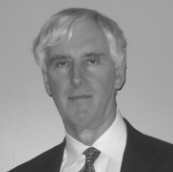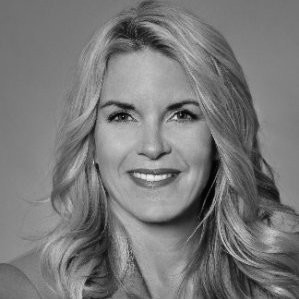- October 20, 2021
The Role of Robo-Advisors in Improving Pension Income for Canadian Pension Participants



GRI was pleased to host John Turner from the Pension Policy Center on October 20th, 2021, who shared highlights from his recent work titled “Robo Advisors for Canadian Pension Participants” . We are also very pleased to have Jillian Kennedy, Partner at Mercer’s Wealth Business and Nauvzer Babul, Founder and CEO at Smart Money Capital Management, join the panel discussion and share their perspectives on the role of robo-advisors in improving pension income for Canadian pension participants.
The following are some key takeaways from John’s recent publication:
High-level perspectives from Panel discussion
[Development of Canadian Robo Advisors]
[Investment Companies vs FinTech Start-ups]
[Longevity risk and changing nature of labor income]
[Trust for pensions]
[Challenge and opportunities of robo-advisory services]

John Turner
Director of the Pension Policy Center

Jillian Kennedy
Partner in Mercer’s Wealth Business
Canadian Leader of Defined Contribution
and Financial Wellness | Mercer (Canada) Limited

Nauvzer Babul
CEO at Smart Money Capital Management